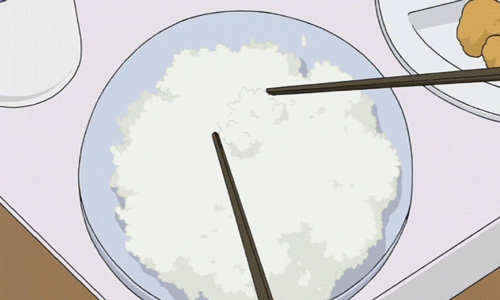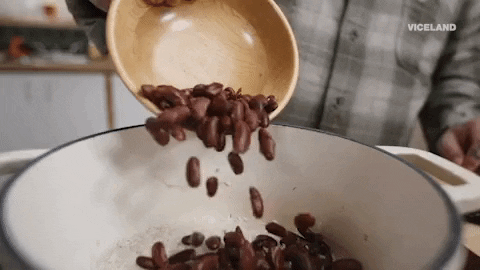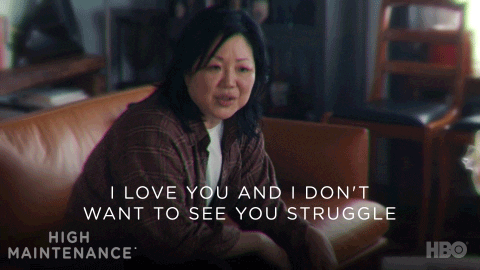A House Disconnected
My mom is Chinese and an immigrant from Hong Kong. My dad was born and raised in Brooklyn, New York, by his Puerto Rican parents. My parents met in a medical conference and moved to Oklahoma when they got an opportunity to open an Eye Care Center in Elk City, Oklahoma - the place I was born. I grew up speaking both Cantonese and English and we celebrated Chinese New Year with dim sum and arroz con habichuelas.
When my parents got divorced, I was six. Listening to the fights was tough and when my dad moved out, my sister and I switched back and forth between their respective houses each week. It felt like we were always packing to go from one house to the other. As most children with divorced parents might feel, there was a pressure to choose sides. Often that side was a result of who I was staying with at the time and this made it difficult for me to form my own opinions.
In terms of identity, I remember that people didn’t know that I was Chinese and Puerto Rican. I’d have to explain what that meant to friends at school who were curious. Being a part of the school orchestra gave my sister and I a place where we saw more people that looked like us and a sense of belonging.
Cindy Belardo
During my college years, I was able to question my value system and establish a set of opinions that were not dependent on that divisive dynamic. I chose my major in Environmental Studies and learned about the global problems we face. This is where my activism for the environment and social justice began. The more I learned about global issues, the more I started to change my behavior to match what I believed. I became vegan, learned about yoga and spirituality, and joined new friend groups. My friends and I started a period club which later became the business I have today, Menstrual Mates. It has taught me so much about what I value: gender equality, social and environmental justice, feminism, responsible business practices and inclusion.
As of 2020, I’ve come to the realization that my mother and I differ in the way that we view things. As we discussed politics and values, I noticed that she has shifted towards a conservative stance while my dad remains more liberal. We don’t see eye to eye on the issues of the police, economy and immigration but we both agree that we should help people when we can and the need to address climate change. It’s been stressful for me to discuss values with my mom in this current political climate, but I have continued to try. My mom was expected and pushed to become a financially successful professional and she left to study in the United States at 18 years old. She struggled to survive, navigate and create her career without financial help from her family. I believe this became a point in her life where she was burdened by pursuing a sense of financial security to maintain stability. This caused limitations of empathy towards herself and others, which skewed her understanding of those who are oppressed. I will never give up discussing politics with my mom so long as there is respect for facts and the truth. As a Latinx and Asian womxn from Oklahoma, I am just starting to understand who I am and what my values are.
Living in a house disconnected, I learned about self empowerment through yoga, grateful journaling and a growth mindset, all of which I practice daily. The power of believing in my dream was more powerful than other people’s doubts or opinions. I choose to believe in the power of seeing humanity in all people. It’s a tough practice, but because we are more isolated, fearful and anxious than ever before in this polarized nation, I feel that radical kindness is the only way to keep hope kinetic in the fight for justice. I hope that we can remember that we all want to be understood and loved. This means remembering our own self care - bringing the joy and recharge so that we may sustain the fight standing up for love, justice and equality.
This is how my business partner and I navigate our philosophy and company values. We choose to include profit, sustainability, worker’s rights to fair wages, inclusion and social giveback into our business model. After personally experiencing the stigma of periods and hearing people’s experiences around the world, we co-created a passion-driven career which stemmed from sustainable period care and branched out to our vision for menstrual justice. We have developed a model to bridge the gap between parents and children through inclusive, empowering period care. Menstruation is just one aspect of the broader political conversation, but it’s our way to inspire a collaborative community for global equality.
Find more of Cindy’s work here!






